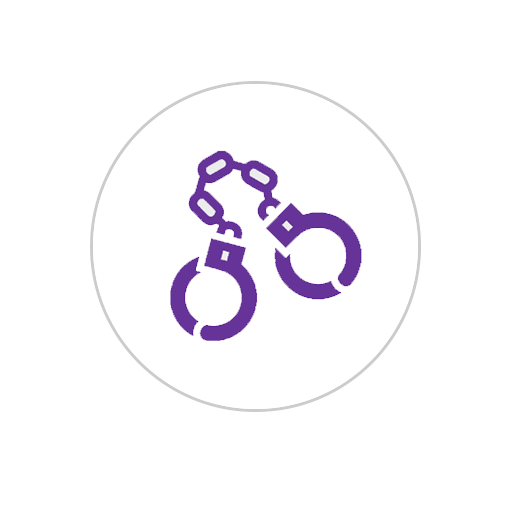Criminalisation
Through their domestic Constitutions and ratification of international treaties, many countries confirm the human rights of all citizens to equality under the law, to non-discrimination, to dignity, to privacy, to bodily integrity and autonomy, to engage in work in a freely chosen occupation, to freedom from degrading treatment, and to health. Despite those commitments and affirmations, however, severe barriers to access to health and justice are institutionalised and justified by penal code provisions that criminalise aspects of identity, behaviour, and choice for LGBTIQ people, for sex workers, and for adolescent girls and young women. Such barriers increase their vulnerability to violence, to poor health, to economic exclusion and to social stigma.



READ MORE
Sex Work Criminalised
Criminalisation of sex work can be complex, vague, and ambiguous. In some countries, sex work is fully criminalised. In other countries, sex work is not expressly illegal, but other enforceable laws exist that can be applied to target and harass sex workers: laws around loitering, or against living off the proceeds of sex work; public indecency; public disorder; soliciting; vagrancy. In some countries where “prostitution” is illegal, “prostitution” is not specifically defined, leaving broad scope for interpretation by law enforcement and prosecutors. In other settings, sex work itself is legal, but most surrounding activities – eg. soliciting in a public place, operating a brothel – are expressly illegal, making it difficult to engage in sex work without breaking a law.


READ MORE
Right to Freedom of Association
States whose Constitutions confirm the right to freedom of Association have an obligation to ensure that citizens can organise themselves freely and independently in formal structures such as political organisations and trade unions, or less formally as community groups and volunteers. Freedom of Association is a basis for an active, effective, organised civil society, and includes the ability to register an organisation for the purpose of generating resources.

READ MORE
LGBTIQ organisations can openly register
Despite constitutional provisions on the Right to Freedom of Association, organisations are frequently prohibited from registering openly as associations of LGBTIQ people, making them ineligible for, for example, bank accounts that are necessary for fundraising and to conduct operations effectively.

READ MORE
Sex worker organisations can openly register
Despite constitutional provisions on the Right to Freedom of Association, organisations are frequently prohibited from registering openly as associations of sex workers, making them ineligible for, for example, bank accounts that are necessary for fundraising and to conduct operations effectively.
